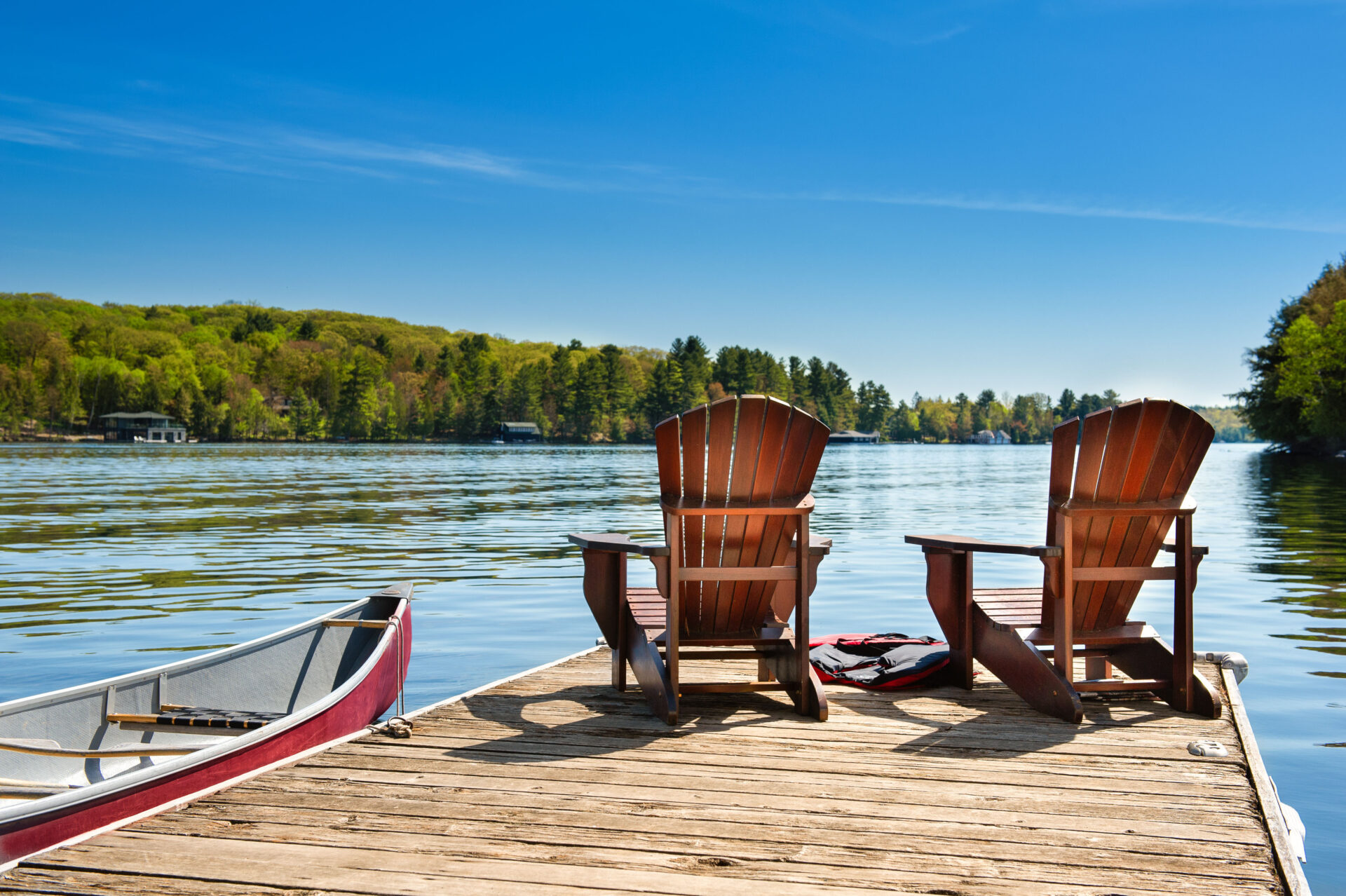
Vacations have changed dramatically over the last several decades. Social media has opened doors to new places, as millions of people are inspired to visit locales they first caught sight of via platforms like Instagram. But it’s not just where people are going that has changed, but where they’re laying their heads when they arrive at their destinations.
The online marketplace for vacation rentals has no shortage of inventory, as popular websites such as Vrbo and Airbnb continue to attract property owners and renters alike. Property owners may want to consider using a home or apartment to generate some extra money. According to Alltherooms.com, the average annual host earnings on Airbnb in North America exceeded $41,000 in 2021. That income is notable, and it’s undoubtedly one reason why Airbnb reported adding more than one million active listings in 2023.
Property owners must ponder the pros and cons to listing homes via a vacation rental service. Those that decide to go forward can take the following steps as they prepare to offer their properties as vacation rentals.
Hire a home inspector.
A certified home inspector is typically hired when individuals enter a contract to purchase a home, but these skilled professionals can be just as useful when preparing to offer a property as a rental. Certified, experienced professionals can identify any potential problems or safety issues with a home that could cause trouble when renting a home down the road. Address any safety or structural issues with a property prior to offering it through a rental service.
Install new safety devices.
New smoke alarms, carbon monoxide detectors, locks on exterior doors, and other safety features should be upgraded prior to renting a property. In between each rental, test batteries in alarms and detectors to ensure each device is operating at peak capacity. A new security system with external cameras also can reassure prospective renters that a property is safe. Remote locks that allow for keyless entry to a home is another upgrade that can make it more convenient for hosts and renters to access a property.
Do your insurance homework.
Existing homeowners insurance coverage likely will not apply when renting a home as a vacation property. Prior to listing a property for rent, confirm with your homeowners insurance company the coverage you need to ensure you are protected when renting a home or apartment. Liability and accidental damage coverage are two of the many variables prospective hosts must consider.
Keep emergency supplies on site.
A fully stocked first aid kit, functioning fire extinguishers (more than one) and a listing of local emergency responder contact information (i.e., police department, fire department, nearest hospital, etc.) should be made readily available to renters. Check supplies before each new group of renters gains access to the property, and restock when necessary.
Renting a property as a vacation home is a great way to generate extra revenue. But prospective hosts must take steps to protect themselves and their guests before renting a home or apartment.
